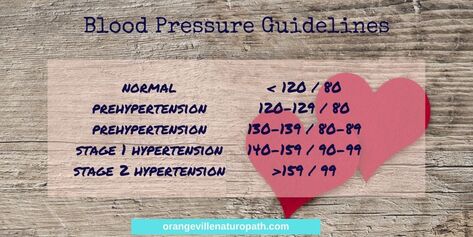What is heart disease?
Heart disease refers to the buildup of plaque (fat, cholesterol, calcium, and other things like bacteria) within the arteries of the heart, which can lead to a heart attack, stroke or heart failure. As plaque obstructs the vessels less blood is available to the heart muscle. If it ruptures, blood flow can be blocked completely damaging the heart or the brain. According to Health Canada, "Heart disease develops over decades... Behavioural risk factors such as an unhealthy diet, physical inactivity, smoking, alcohol use and a number of medical risk conditions (hypertension, diabetes, obesity and high cholesterol) increase a person's risk of developing heart disease later in life" (2018).
Monitor your risk level
- Waist measurement
- ideally less than 88 cm for women, less than 100 cm for men - Blood work
- C-reactive protein for inflammation
- HbA1c for blood sugar regulation
- fibrinogen for stickiness of the blood
- cholesterol and triglycerides - Blood pressure (click here to read more on blood pressure)
- ideally less than 120/80 mmHg - Absence of symptoms
- chest pain/discomfort, reduced exercise tolerance, shortness of breath, ankle swelling
Most of the risk factors for heart disease are preventable through a healthy lifestyle. However, it's easiest to work on prevention when we catch changes early. This is why I encourage regular bloodwork and monitoring to watch for trends or changes in risk markers, in order to have the best opportunity at intervention.
The World Health Organization makes this bold statement:
"The major causes of chronic diseases are known, and if these risk factors were eliminated, at least 80% of all heart disease, stroke and type 2 diabetes would be prevented; over 40% of cancer would be prevented."
The issue that I see over and over is that people struggle to make the healthy lifestyle changes needed to set themselves up for success. It's hard work, people are busy, tired and stressed, or they just don't know how.
Healthy Living = Healthy Heart
- Lifestyle
- Food: Research shows that the Mediterranean diet has huge advantages for heart health. To make this easier to visualize, I prefer to think about making 1/2 of your plate vegetables, 1/4 of your plate protein, and 1/4 of your plate starch or healthy fat. On top and within those foods should be healthy fats like olive oil, nuts, seeds, & avocado.
- Exercise: Move your body every day in whatever way is best for you right now. Once you get comfortable with this, then start to add something just outside of your comfort zone. - Managing Stress
- Whether you feel stressed or burnt out, or whether you have a busy lifestyle, our bodies need balance to recover. Days and days of being go-go-go without balancing the stress response will impact your cortisol levels, hormones, and nervous system. Click here for ideas on balancing stress, and how to know if stress is an issue for you. - Supports
- Omega 3 1200-2400mg combined EPA/DHA
- There are a lot of studies on the value of omega-3 fatty acids on benefiting cardiovascular health and inflammation. The key here is to include food sources when you can (hemp, chia, wild salmon from northern waters), but also supplementing to a good therapeutic dose. Many people aren't taking enough EPA & DHA (the stuff that does the work), especially when using an over the counter supplement. - CoQ10 200-400mg per day
- This nutrient is made in the body and can be beneficial as an energy source to the heart, lowering blood pressure a little bit and as an antioxidant. It also gets depleted by Statin medications. - Magnesium 250-600mg per day
- Magnesium is deficient in much of the population and is involved in many body functions like muscle relaxation, the stress response, and can help to lower blood pressure. - There are several other cardiovascular supports, depending on your unique health picture. A skilled professional will help you to determine the best fit for you, and incorporate not just your heart health but also any other conditions at play.
Whether you are hoping to avoid developing heart issues, or you're considering individual treatments to balance your current cardiovascular plan, preventative health measures and targeted supportive therapies can impact your heart disease risk considerably.
You are in charge of your own health, but I can help direct you on that journey.
Take care,
Dr. Christa


 RSS Feed
RSS Feed